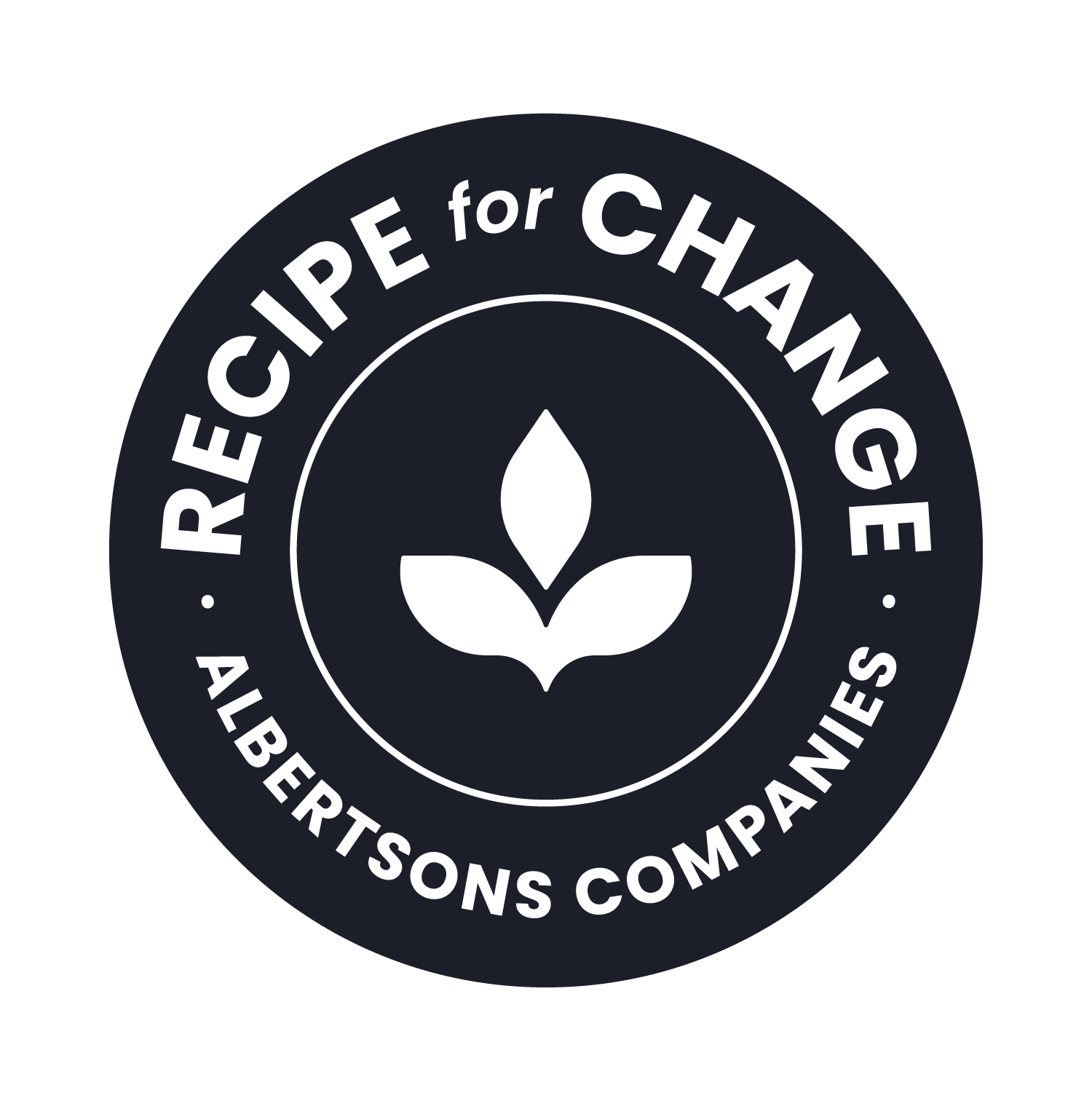Albertsons Safeway Joins EPA and USDA Challenges to Tackle Food Waste

Albertsons Safeway believes that food waste can be significantly reduced through collaborative partnerships. As part of our commitment to address the issue, we recently joined the EPA Food Recovery Challenge and the US Food Waste Challenge, both of which encourage participants to increase diversion of food waste away from landfills to better uses, such as composting, feeding livestock and feeding hungry people.
“More food goes to landfills than any other type of waste, and much of it is wholesome food. As food waste rots in a landfill it generates methane gas, a very potent greenhouse gas.” said Mathy Stanislaus, EPA assistant administrator for the Office of Solid Waste and Emergency Response. “By joining EPA’s Food Recovery Challenge organizations like Albertsons Safeway are helping to feed people, not landfills. I commend Albertsons Safeway for working to stamp out hunger, combat climate change, and demonstrate that preventing wasted food saves money.”
“Through its holistic approach to food waste management, Albertsons Safeway is helping to set the standard for reducing, recovering and recycling wasted food at grocery stores. Albertsons Safeway stores throughout the country are stepping up to help feed families in need and to reduce the environmental impacts of wasted food,” said Elise Golan, Director for Sustainable Development, Office of the Chief Economist, U.S. Department of Agriculture.
We are working towards zero waste across all our facilities. We have been recycling for decades and are constantly identifying new ways to divert materials away from landfills.
Albertsons Safeway follows the EPA/USDA food recovery hierarchy in our practices regarding food waste. Some examples of how our facilities have diverted materials are below:
- Every year, we donate edible food to food banks and other hunger relief organizations. In 2013, nearly 36,000 tons of food was donated to hunger relief facilities. We are currently working on an expanded food donation program that will launch in 2015.
- Food waste for animal feed is diverted from our manufacturing plants in addition to stores in our Portland, Seattle, Northern California and Southern California divisions. In 2013, Safeway sent 42,880 tons of discarded products to animal feed.
- Excess bone, fat and used cooking oil collected from 1,275 of our stores is used in industrial processes. In 2013, Safeway diverted 14,804 tons of bone and fat and 4,680 tons of used cooking oil from landfills. In our Portland, Seattle, Northern California and Southern California divisions, the used cooking oil is blended with diesel and the resulting biodiesel blend is used in those Divisions' truck fleets.
- At least 941 stores in our Portland, Seattle, Northern California and Southern California and Eastern divisions carry out composting. We also compost in our LA bread and Bellevue bread manufacturing plants. In 2013, Safeway sent 63,226 tons of discarded products to composting facilities.
Many of our supply operations facilities are already zero waste: nine of our 27 distribution centers, and nine of our 20 manufacturing and food processing plants. We are committed to reducing the amount of food waste we send to landfills and are working on other diversion programs in our divisions across the nation.
In addition, we are collaborating with others to tackle the food waste issue. Albertsons Safeway is a founding member of the U.S. Zero Waste Business Council, which aims to standardize zero waste practices. We are also an active member of the Food Waste Reduction Alliance (FWRA), a cross-sector industry initiative led by the Food Marketing Institute, the Grocery Manufacturers Association and the National Restaurant Association. FWRA focuses on the challenges of food waste to help shrink the grocery, manufacturing and restaurant sector’s environmental footprint while also addressing hunger in America.

